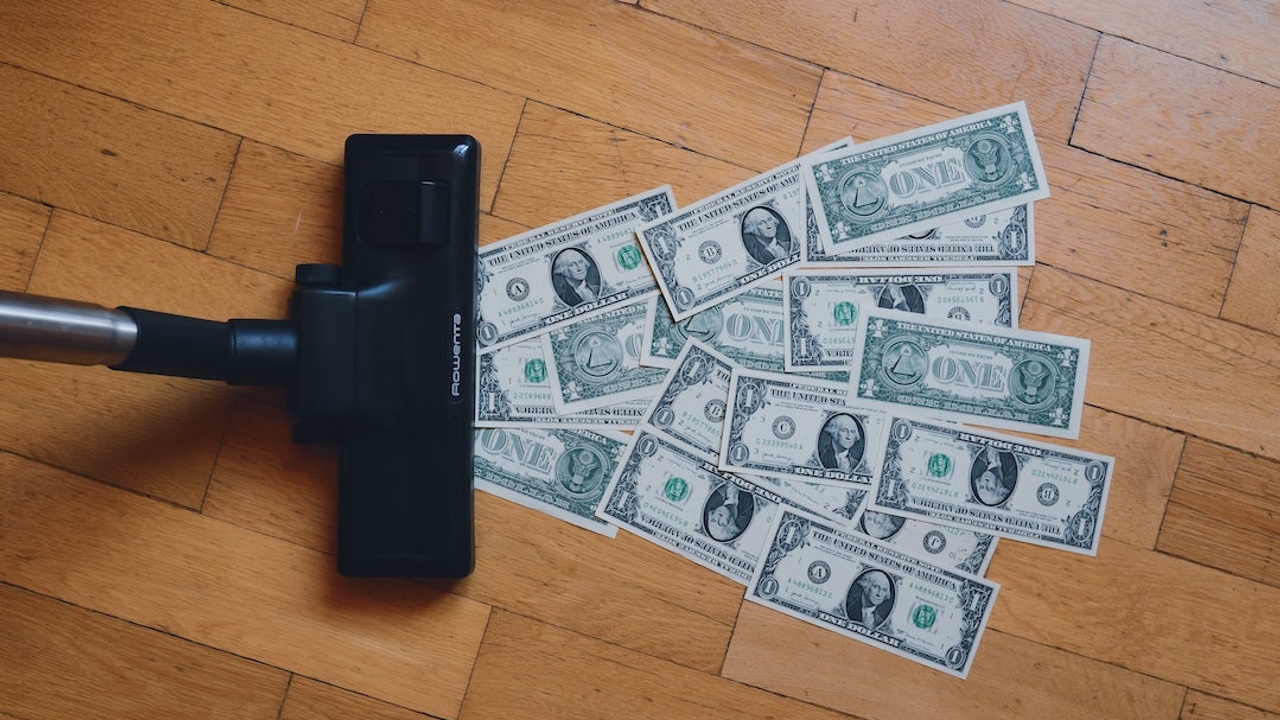2022's Crash Ain't Over: Sick of Losing Your Hard-Earned Money Yet?
Mar 01, 2022
Let's recap recent history: 2020 was the all-around worst year ever. 2021 saw some recovery, some hardship. We all had high hopes for 2022... but the stock markets are down pretty badly thus far.
And due to recent international news, it's likely that the markets are going to keep going down. Here's what you need to know:
- The S&P 500 index is down over 9% since the beginning of the year. Dow Jones is at -8% and the NASDAQ, -15%
- Russia's invasion of Ukraine garnered the worst economic penalties we've ever seen, in less than a week.
The result? The ruble has collapsed- it's down 40% since the beginning of the year. This means, for the Russian people: let's see... imagine that a $100 grocery trip has become a $140 grocery trip in less than 3 months. Ouch!
The sanctions against Russia will affect our economy, as well:
- Oil & gas prices will skyrocket. Strong short- to medium-term impact on Americans, depending on how the government handles this.
- We'll see decreases in some jobs sectors. Mild to moderate medium-term impact. Some countries have sharply reduced trade with Russia, which will affect some of our retail & hospitality jobs. On the plus side, we'll likely see some increases in jobs in the tech sector, as Eastern European software developers have their jobs temporarily disrupted.
- Banks & investors don't want to invest if a major currency is so badly affected (Russia has the 11th largest economy in the world). They'll withdraw from Russian and Western stock markets, creating volatility as well as slowing economic growth. Moderate medium- to long-term impact.
- Inflation will continue to be high. Moderate medium- to long-term impact.
This is all terrible news! Throw me a bone, here, you say.
What can we do to protect ourselves from any of these effects?
The first course of action is to prepare to tighten our belts:
1. Have a Strong Safety Net
Ensure that your safety net is strong. What financial resources can you call on in the case of a job loss or other setback? This includes insurance for your home and autos; an emergency fund for unexpected day to day expenses; and life insurance with Living Benefits in the case of an unexpected major medical event.
Don't want to be insurance-poor? Me neither! Think of it this way- insurance is where you pay pennies a day, so you can access thousands of dollars when you need it.
Don't trust insurance/gotten burned? You've probably had crappy insurance agent(s) 😆 Find better options- plenty of insurance agents with servants' hearts love helping their customers avoid financial disaster.
2. Plan Your Spending
If oil & gas prices are going up, that increase has to come from somewhere. Will you drive less? Combine errands? Spend less on life's little luxuries so you have more leeway for gas money? Figure out where that extra will come from before you wonder why your bank account is dwindling fast.
3. Protect Your Savings
If you have retirement savings, check to make sure your money is safe. Here are 3 strategies to try:
- When you are feeling insecure, you can ask your financial advisor (or HR rep for your 401k at work) to move your savings into a cash position. Your money won't grow until you move it back into the stock market- but you won't lose any money (or, any more money). Not have to make up for losses will save you years of working & saving.
- Diversify. There are over a dozen types of assets we can think of off the top of our heads- don't leave all your money in the stock market, mutual funds (which are in the stock market), and bonds.
Did you know that you can move some (or most, or all!) of your money into a vehicle that never loses money; grows when the stock market does; and has zero fees? It's called an indexed account and is a smart part of every millionaire's financial plan. - Proceed with caution with bonds. Bonds are great- until they aren't. Bonds are a lower risk than the stock market, true, but bonds are not without risk. They can lose purchasing power when inflation rises. When interest rates rise, bond yields fall; so bonds are a good choice in a volatile stock market environment; but not the best investment choice in a high-inflation environment.
Every dollar you don't lose is another dollar you don't have to save or make up for. Protecting your savings is incredibly important; Warren Buffett's Number One Rule is: "Don't Lose Money". Let's be like Warren Buffett!
Now That's Smart Money 🧐
Isn't this content awesome?!
...Want more FREE content?
Just sign up for our FOREVER FREE email course &
get fantastic info, insight, and ideas-
delivered directly to your inbox. Sign up today- it's easy!
We hate SPAM. We will never sell your information, for any reason.

